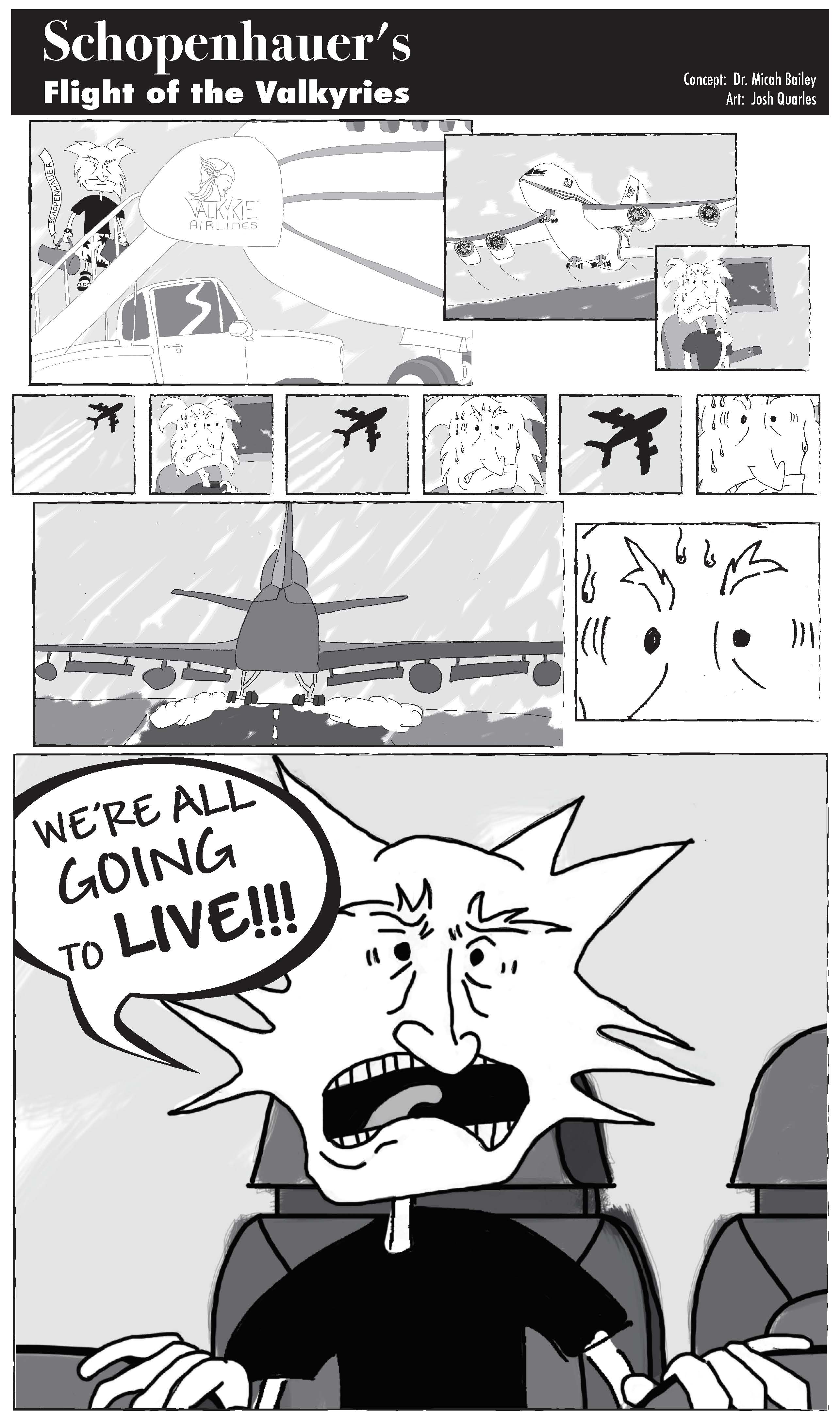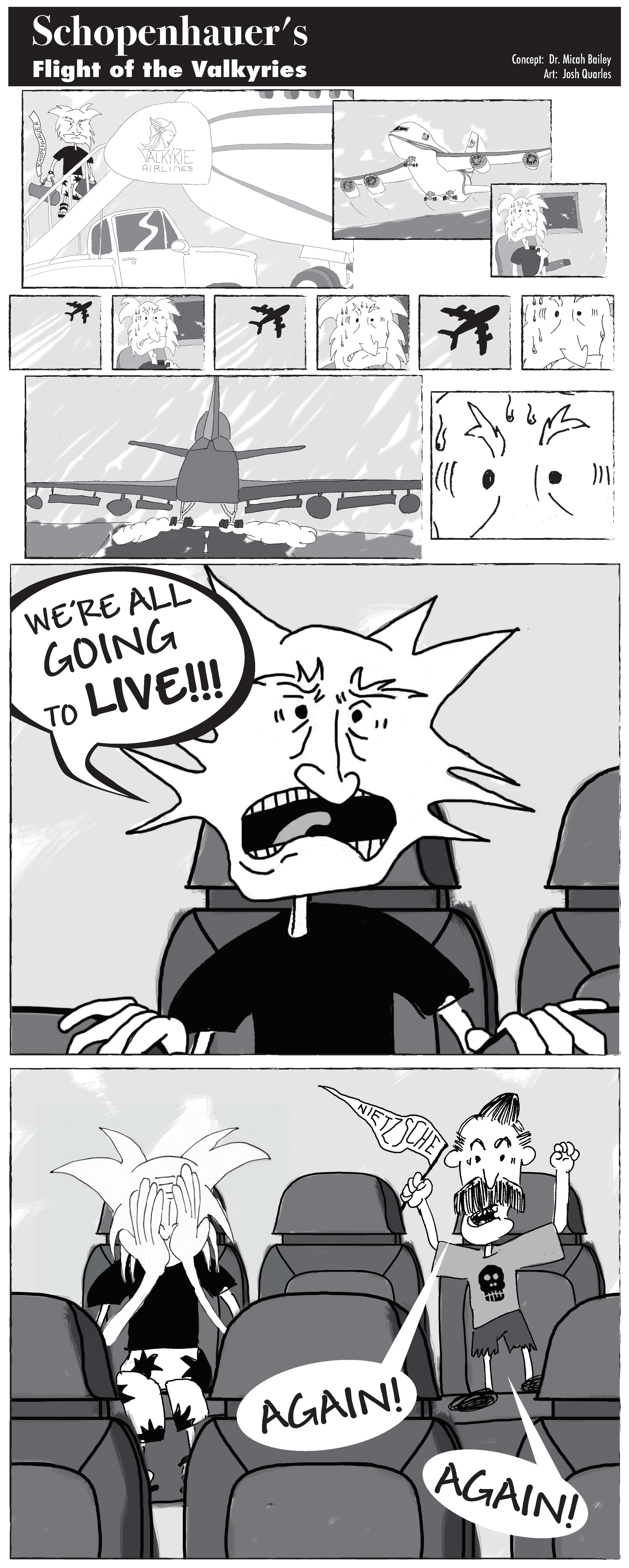“Aristotle, Vision, and, Communicable Change.” Auslegung: a Journal of Philosophy 30.1 (2015)
In this paper, I argue against M.F. Burnyeat’s interpretation of Aristotle’s theory of vision as not requiring any material or physiological changes of sense organs whatsoever. This paper won the Robinson Essay Contest in 2011. As part of winning the contest, it appeared, in print, in Auslegung: a Journal of Philosophy in 2012, and it appeared in Auslegung: a Journal of Philosophy, online, in 2015.
Great Plains Graduate Philosophy Conference Organizing Committee Member, Fall 2012
As an organizing committee member, I assisted presenters with housing, hotel, and travel arrangements. I also refereed submissions to the conference, chaired a conference room, and presented criticisms to a presenter’s paper.
KANT’S KNOWLEDGE OF UNKNOWABLE THINGS IN THEMSELVES: An Examination of the Doctrine of Ignorance and the Non-spatiotemporality Thesis
Abstract
This dissertation is an examination of things in themselves as they are presented in the Critique of Pure Reason. Chapter 1 deals with Kant’s notion of a thing in itself generally. I argue that Kant uses ‘things in themselves’ in two ways: (1) to refer to logically possible entities that, if they exist, are ontologically distinct from appearances; (2) to signify the thought of empirical objects apart from sensibility. This follows from the fact that the notion of a thing in itself is a function of the understanding, but that our intellectual representations cannot relate to things in themselves.
Chapters 2 and 3 attend to two theses of things in themselves: (1) they are unknowable; (2) they are non-spatiotemporal. Thesis (1) seems to render any judgment of things in themselves epistemically unjustifiable, thereby undermining Kant’s right to maintain either thesis (1) or (2). Thesis (2) seems to rest on an invalid argument and, consequently, fails to rule out the possibility that things in themselves are spatiotemporal (the traditional neglected alternative). Chapter 2 focuses on establishing that Kant is entitled to the Identity Thesis (i.e. if x is intuited a priori, then x is reducible to the representational content of that a priori intuition). I argue that the Identity Thesis secures a valid argument for thesis (2). Chapter 3 demonstrates that Kant’s argument for the transcendental ideality of space (and time) entails that our sensible representations cannot relate to things in themselves. Since neither our sensible, nor our intellectual, representations can relate to things in themselves, thesis (1) actually expresses a subtler claim: we cannot cognize things in themselves through our representations. I argue that this is neither self-undermining, nor does it undermine thesis (2); however, it does restrict us to a weak reading of thesis (2), such that it cannot rule out the possibility of a strong structural isomorphism obtaining between things in themselves and space and time (a new neglected alternative). I conclude by arguing that this new neglected alternative does not present Kant’s cognitive theory with any serious difficulties.
Presentation of “Kant’s Causal Appearing Argument“
- Northwest Philosophy Conference, October 14-15th, 2016
- 36th Dutch-Flemish Day of Philosophy, October 22nd, 2016
- Tennessee Philosophical Association, November 4-5th, 2016
- Long Island Philosophical Association, April 1st, 2017
- A short video that quickly explains the argument
Schopenhauer’s Flight of the Valkyries
Below are two versions of a comic that I commissioned Josh Quarles to make for me. You have my permission to use either in your classrooms or for personal use, so long as credit is duly given. If you would like to publish one of the comics in a blog, magazine, journal, etc., please contact me to arrange that.

